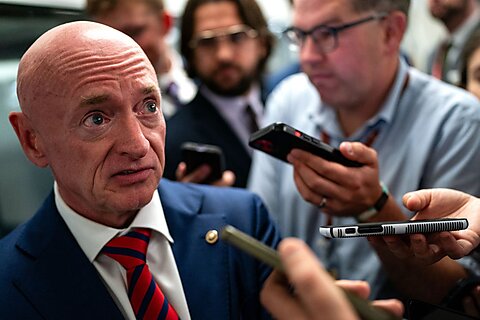In mid-July 1941, anti-interventionist Senator Burton Wheeler (D‑MT) sent 1,000,000 postcards to Americans across the country, urging them to write President Franklin Roosevelt to keep America out of the raging war in Europe. Two of those postcards were received, respectively, by Staff Sergeant William L. White at Fort Benning, Georgia, and 1st Lieutenant Alford T. Hearns at Fort McIntosh, Texas. The two soldiers dutifully notified their chains of command about receiving Wheeler’s mailings, and on July 25, President Franklin Delano Roosevelt used the two postcards at a press conference to, as I put it in my book The Triumph of Fear, “denounce Wheeler’s alleged use of his congressional franking privilege to urge troops to oppose their commander-in-chief’s policies.”
Secretary of War Henry Stimson went much further, authorizing active surveillance of postal deliveries to military bases for the “names of all military recipients of correspondence of Senator Burton K. Wheeler.” Stimson also described Wheeler’s actions as “very near the line of subversive activities against the United States, if not treason.”
Wheeler’s actions were entirely lawful at the time he used his franking privilege to communicate with the American public.
Sound familiar?
Senator Wheeler was an FBI surveillance target for much of his political career—without a valid criminal predicate, I should note—but the thus far declassified record that the author is aware of has not revealed evidence that Roosevelt tried to direct a prosecution of his frequent political opponent.
The same cannot be said of President Trump, who reacted to the calls of six members of Congress for military personnel to refuse to carry out unlawful orders by claiming those six federal legislators had engaged in “seditious behavior, punishable by death.”
I think there’s an excellent argument that the video made by the six members of Congress is likely protected under the Constitution’s speech and debate clause.
Congress has explicit constitutional authority over the military (Article I, Section 8). The lawmakers are reminding military personnel of their obligations under the Uniform Code of Military Justice—legislation that Congress itself enacted. This is prospective oversight communication about congressionally mandated legal requirements.
The Supreme Court in Gravel and Eastland extended protection for congressional oversight activities to investigative functions. A communication reminding executive branch personnel of the legal limits enacted by Congress is, functionally, an act of oversight. The lawmakers in the video have military or intelligence community backgrounds and are exercising Congress’s oversight function by informing the public about the legal obligations of servicemembers. Several also sit on relevant Congressional committees of jurisdiction.
Indeed, there’s an argument to be made that any attempt by FBI personnel to interview, much less investigate, those six congressional members for their speech would itself constitute a violation of the speech and debate clause.
In United States v. Helstoski, the Supreme Court held that its previous rulings “leave no doubt that evidence of a legislative act of a Member may not be introduced by the Government” in a criminal prosecution. Issuing a public warning to servicemembers that, per prior laws enacted by Congress, they must not carry out unconstitutional or otherwise illegal orders seems to fall squarely within the realm of congressional oversight and is thus a protected act.
Those prior court rulings may not carry any weight with the Trump Justice Department, which could still engage in lawfare against the House and Senate members in question. That does not mean that any federal judge who takes such a case should give any presumption of regularity to the Justice Department officials who bring it.

